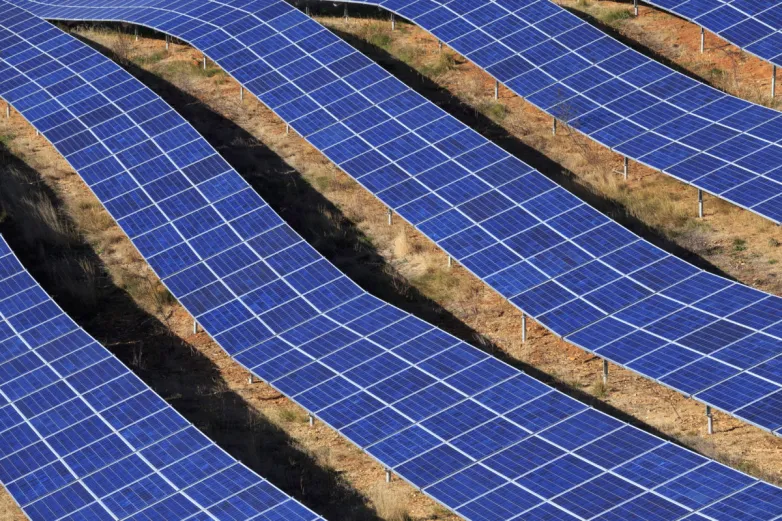Brazil imported 2.5 GW of PV panels in first fifty percent of 2020
- According to a recent report from Brazilian working as a consultant Greener, the country imported 1.61 GW of panels in the very first quarter and also 877 MW in the 2nd. Domestic PV module makers had a 4.4% market show around 100 MW in delivered modules in the first fifty percent of the year. The experts declare these numbers reveal the Brazilian PV market has not been impacted by the Covid-19 crisis.

The Brazilian solar market appears not to have been substantially slowed down by the Covid-19 dilemma, according to a new report from Brazil-based working as a consultant Greener.
The company's analysts reported that complete module shipments on the market in the first fifty percent of the year completed 2,599 MW, with panel imports getting to 2,490 MW as well as domestic items representing 109 MW, which represents around 4.4% of the complete market share.
Modules
" Last year, 4.3 GW of photovoltaic or pv modules were imported in the country, while in the initial fifty percent of 2020 alone, 2.5 GW were imported," claimed Greener CEO Marcio Takata. "It is a very significant volume, regardless of the pandemic."
The report likewise disclosed that around 54% of the imported modules used PERC cell innovation, while this percentage a year previously stood at 27%. Canadian Solar, Trina Solar and Jinko Solar were the three largest service providers in the initial half of the year with shipments of 468 MW, 454 MW and also 451 MW, specifically. Canadian Solar owns and also operates a solar module factory in Sao Paulo.
BYD, which also runs a PV module production center in the country's largest city, was the 4th largest company with 325 MW of shipped items.
Inverters
Inverter shipments in the very first 6 months of the year reached 2,464 MW, with 1,274 MW being delivered in the very first quarter as well as 1,190 MW in the second. The largest provider was China-based Sungrow with 369 MW, adhered to by Brazilian manufacturer WEG and also Austria's Fronius, with 347 MW and also 183 MW, respectively.
Total inverter shipments grew by around 128% year-on-year in the initial half of 2020. Particularly solid growth was registered in the sector of gadgets with capabilities listed below 50 kW, Greener claimed in the report.
New installs
However if the Covid-19 dilemma has not impacted PV product imports, it seems to have decreased the development in newly set up PV ability, which for the very first fifty percent of the year was around 900 MW. In the same period in 2015, brand-new enhancements amounted to 1.32 GW. "As in the majority of sectors, the Covid-19 pandemic likewise impacted the distributed generation market, reducing the demand-- this impact was pitied higher intensity by PV system integrators that started their activities extra just recently," Takata further described. "In any type of situation, the solar industry continues to increase."
Takata likewise highlighted the impacts of sudden fluctuations in the exchange rate, which influence the sector as the majority of the devices utilized is imported, impacting the cost of the systems. However, the report explained that prices were partially handed down to the end customer, and that oftentimes rates stayed stable. "Apparently, the distribution and assimilation chains are taking in costs, readjusting their margins to remain competitive," Takata included.
Collective set up PV capacity in the dispersed generation sectors, which in Brazil includes all PV setups not larger than 5 MW, got to 2,963.3 MW at the end of June.
The Brazilian government is supporting distributed generation with Convention 16/15 (Convenio ICMS 16/2015), which exempts the owners of solar systems with a generation capacity of approximately 1 MW from paying the ICMS state sales tax under an internet metering regime open to jobs no larger than 5 MW.
Also read

